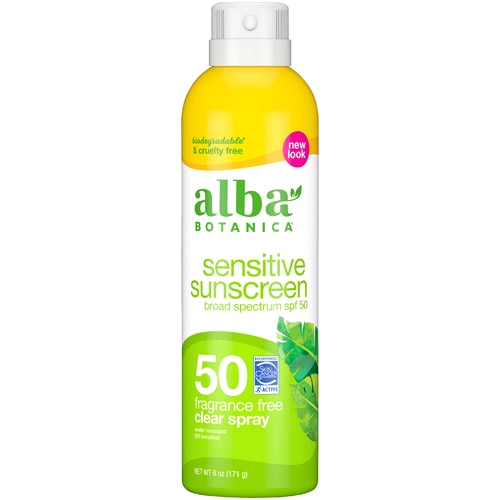In our modern lives—with constant Internet access, superfast computers and smart phones and nonstop immersion in a maelstrom of tweets, emails and updates— connectivity is key. But this type of connectivity comes at a huge price. Our connectedness to nature, to seasons, plants and wildlife becomes eroded.
But technology and nature need not be mutually exclusive—if both are given equal priority. Richard Louv, author of Last Child in the Woods, in his recent book The Nature Principle, writes about how turning away from nature may be “the outdated dogma of our time.” His latest book urges people to reclaim an old-fashioned immersive experience—one not of pixels but of plants.
The gist of Louv's Nature Principle is that reconnecting to the natural world is “fundamental to human health, well-being, spirit and survival.” But the Nature Principle is not about ditching our computers and heading for the hills. It's about balancing the virtual with the real.
“We need to realize how detrimental all the screen time is, and how important it is to break up that screen time with nature,” says Eva Selhub, coauthor of Your Brain on Nature. “The more time you spend cut off from nature, in front of a computer, disconnected, the chance of depression increases,” she says.
“In our book, we discuss the importance of supplementing with Vitamin G, loosely defined as anything green—plants, mountains, water, even pets. We are wired to recognize beauty in the context of nature. We become both more alert in nature as well as more relaxed—‘smell chemicals’ like those in pine cones and lavender in fact trigger relaxation.”
Most of us, though technologically savvy, suffer from acute “plant blindness,” a term coined by James Wandersee and Elizabeth Schussler, both botanists. Defined as the “inability to see or notice plants in one's own environment,” our neglect of the natural world prevents us from entering a meaningful dialogue with the world around us. But by starting to pay more attention and spending more time outside, says Selhub, we develop our capacity to develop empathy for our environment.
There are multitudes of reasons to connect with nature: increased productivity and creative thinking, a deepened sense of community, heightened sensory awareness and a strengthened imperative to sustain, restore and expand our botanical footprint. Or as my daughter is keenly aware of, there is simply the sheer pleasure of the wind in our hair and the sun on our face. But time spent in nature can significantly impact our physical and emotional well-being in surprising ways. What follows are just a few benefits our connection to nature can have on health.
Decrease stress
“Exercising in nature is a huge stress buffer,” says Selhub. “It's exercise squared.” A January 2007 study published in Public Health found people who walked regularly in a forest had greatly improved mood, less anxiety and depression, and less production of the “stress hormone” cortisol than people who walked in areas of light suburban development.
Reduce depression
Biophilia, or our innate emotional affiliation to other living organisms, gets tamped down when we remove ourselves from nature. We forget how soothing and expansive a direct experience of nature can be. And it's easier to go from shut in to shut down than we realize. A national survey conducted in 2007 by the U.S. Centers for Disease Control and Prevention (CDC) that assessed the health of the country (known as the Behavioral Risk Factor Surveillance System, or BRFSS) suggested that living in rural areas reduced the risk of suffering from psychological disturbance by 17 percent, compared to the risk for urban residents.
Uplift mood
Being outside can make you feel better in ways that an active workout in a gym just can't touch. A review of studies comparing the benefits of outdoor exercise versus indoor, published in the February 2011 issue of Environmental Science & Technology, found that exercising in natural environments was associated with greater feelings of revitalization and positive engagement; decreases in tension, confusion, anger and depression; and increased energy.
Improves longevity
The more green around you, the longer you live. A study published in the May 2008 International Journal of Health Geographics showed that green space offered measurable protection from the risk of strokes, while areas sparse in green were associated with a high risk of stroke mortality.
Bolsters immune response
Sometimes a window can be worth a thousand vitamins. Not only meandering through forests, but also merely gazing at them, can help strengthen the body's immune response. A 1984 study by Roger Ulrich, a pioneer of healthcare design, observed patients recovering from gallbladder surgery. In one group, patients looked out at a brick wall, while members of another group had a natural, green vista. The patients able to view nature recovered faster and had fewer complications than the patients who had a view of a building.
Don't think you have to move to a different state to find yourself in nature's sweet spot. A walk in a park, along the ocean or even among urban greenery can do the trick. Selhub recommends short doses—but of at least 20 minutes duration—of being in green spaces to allow your brain to resync with the natural world.




